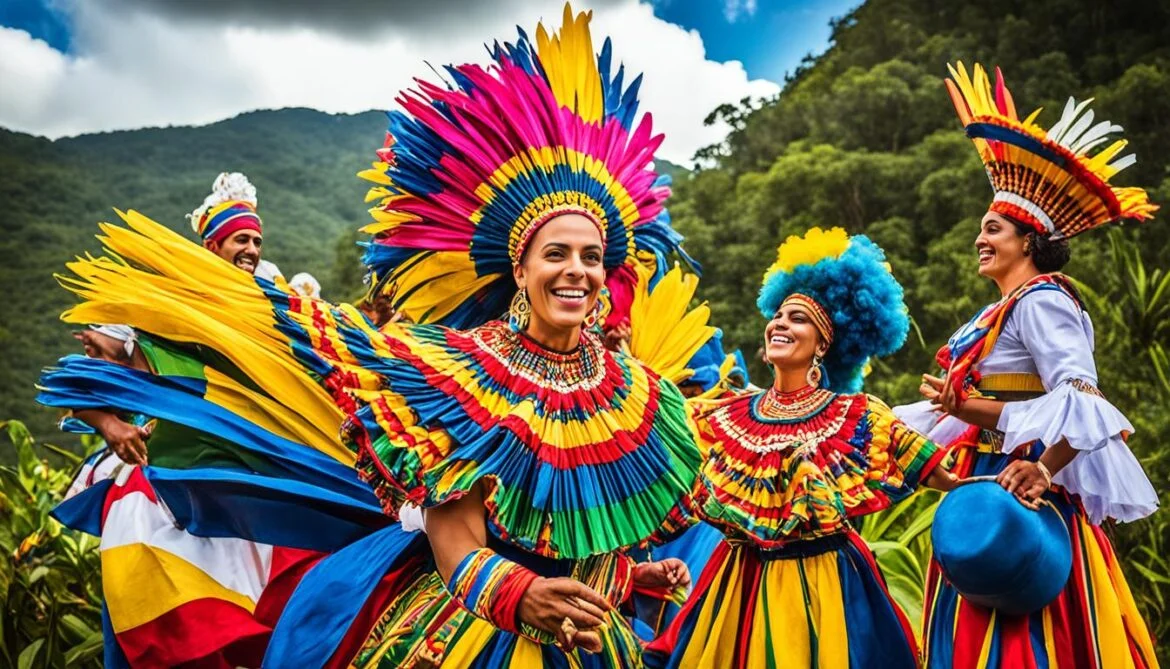weatherontheair.com – In the face of economic turmoil and political instability, Venezuela’s cultural heritage stands as a beacon of resilience and identity. Despite the challenges, Venezuelans have demonstrated an unwavering commitment to preserving their rich cultural traditions. This article explores the various ways in which the country’s cultural resilience is manifested, highlighting the efforts of individuals, communities, and organizations to keep their traditions alive.
The Role of Music and Dance
Music and dance are integral to Venezuelan culture, serving as powerful tools for expression and unity. Traditional genres such as salsa, merengue, and joropo continue to thrive, with festivals and community events celebrating these art forms. In 2024, musicians and dancers have adapted by leveraging social media and online platforms to reach wider audiences, ensuring that these cultural expressions remain vibrant and accessible.
Preserving Culinary Traditions
Venezuela’s culinary traditions are a testament to the country’s diverse influences and rich agricultural heritage. Dishes such as arepas, cachapas, and hallacas are not only a source of sustenance but also a means of preserving cultural identity. In the face of economic challenges, chefs and home cooks have innovated by using locally available ingredients to create traditional dishes, ensuring that these culinary practices are passed down to future generations.
The Power of Visual Arts
Visual arts play a crucial role in documenting and reflecting the realities of Venezuelan life. Artists have used their work to address themes of resilience, hope, and social change, capturing the spirit of the nation amidst crisis. In 2024, galleries and online platforms have provided spaces for these artists to showcase their work, both locally and internationally, fostering a deeper appreciation for Venezuela’s artistic heritage.
Community-Driven Initiatives
Community-driven initiatives have emerged as vital forces in preserving cultural traditions. These include local festivals, workshops, and educational programs that focus on language, history, and cultural practices. By engaging youth and fostering a sense of community, these initiatives ensure that cultural knowledge is transmitted across generations, reinforcing a collective identity and resilience.
The Role of Technology
Technology has become a critical tool in the preservation and dissemination of Venezuelan culture. Through social media, online platforms, and digital archives, cultural artifacts, stories, and practices are being documented and shared with a global audience. This digital preservation ensures that Venezuela’s cultural heritage is accessible to future generations, transcending geographical and temporal boundaries.
Conclusion
Venezuela’s cultural resilience is a powerful testament to the enduring spirit of its people. Amidst crisis, the country’s cultural traditions continue to flourish, thanks to the dedication of individuals, communities, and organizations. By leveraging music, dance, culinary arts, visual arts, and technology, Venezuelans are ensuring that their cultural heritage is preserved and celebrated. This cultural resilience not only sustains the nation’s identity but also provides a source of hope and inspiration for the future.
